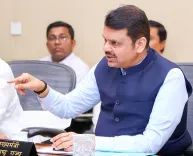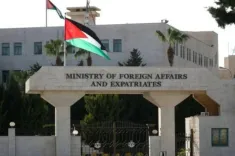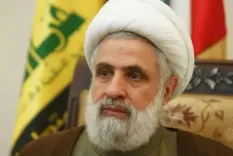Did Gujarat CM Bhupendra Patel Boost Municipal Approval Powers by 50% to Accelerate Urban Development?

Synopsis
Key Takeaways
- Approval Powers Increased: Municipalities can now approve larger project budgets.
- Faster Grant Disbursement: Grants will be disbursed within five days of approval.
- Urban Development Focus: 2025 is designated as the 'Year of Urban Development.'
- Enhanced Living Standards: Improved infrastructure for urban residents.
- Response to Local Demands: This measure addresses calls for financial empowerment from local leaders.
Gandhinagar, Sep 3 (NationPress) In a significant move, Gujarat Chief Minister Bhupendra Patel has increased the financial authority of municipalities by 50 percent for the approval of technical and administrative sanctions related to projects financed through state schemes and decentralized district planning grants.
This initiative, seen as a stride towards administrative simplification, is aimed at eliminating delays in initiating civic projects and maximizing the utilization of government funds.
Once a municipal committee provides its approval, the Regional Commissioner of Municipalities (RCM) must disburse 100 percent of the sanctioned grant in two installments within five days of receiving the proposal. With the updated limits, Class 'A' municipalities can now authorize projects worth up to Rs 70 lakh, an increase from the previous Rs 50 lakh cap.
For Class 'B' municipalities, the limit has risen from Rs 40 lakh to Rs 50 lakh, while Class 'C' municipalities can approve up to Rs 40 lakh, up from Rs 30 lakh. Class 'D' municipalities can now authorize projects worth Rs 30 lakh, an increase from Rs 20 lakh.
This announcement is part of the Chief Minister's vision to designate 2025 as the 'Year of Urban Development', continuing the legacy initiated by Prime Minister Narendra Modi in 2005, when he was the Chief Minister of Gujarat and emphasized structured urban development.
Officials indicate that the expanded approval powers will enable municipalities to expedite public utility and welfare projects, aligning with the goal of developing smart and sustainable cities. This move is seen as a direct response to long-standing demands from legislators and local body leaders for enhanced financial authority.
The government asserts that this reform will not only hasten the implementation of civic projects but also improve the quality and timeliness of urban infrastructure.
Moreover, the Chief Minister underscored that this step would reinforce the state's overarching development philosophy of 'Earning Well – Living Well', ensuring urban citizens reap the benefits of enhanced amenities and superior living standards.









